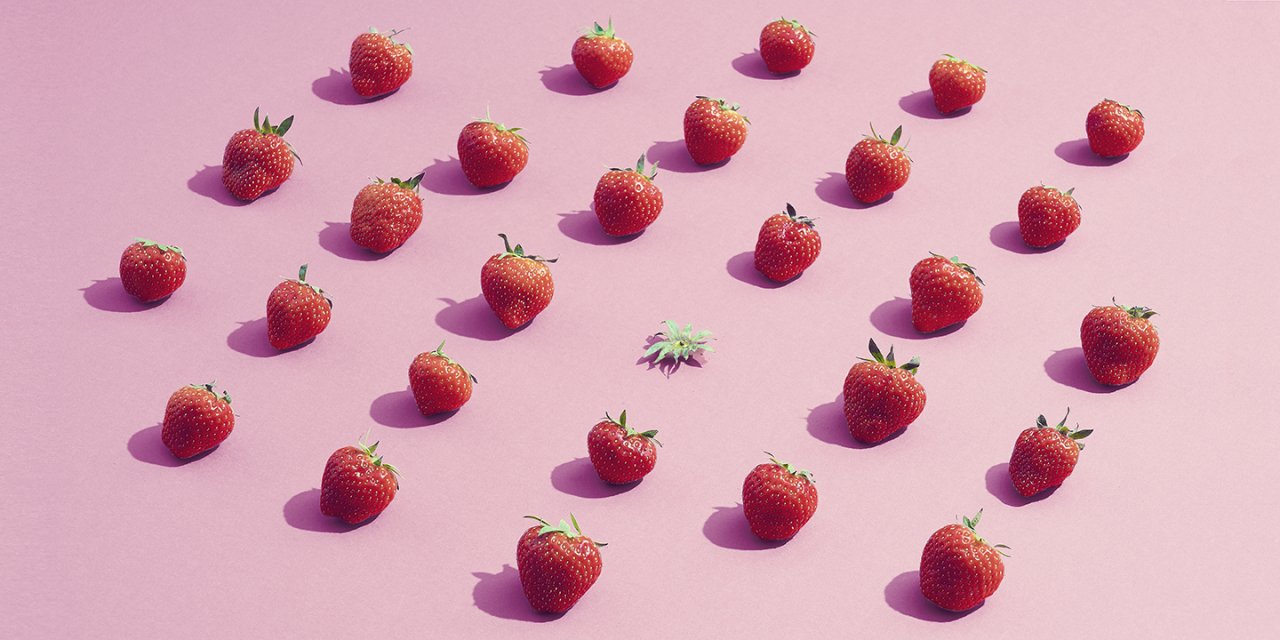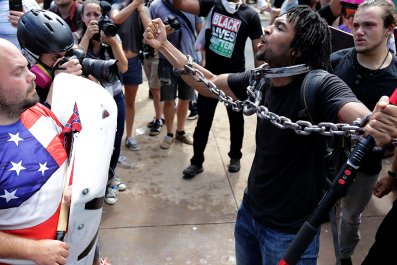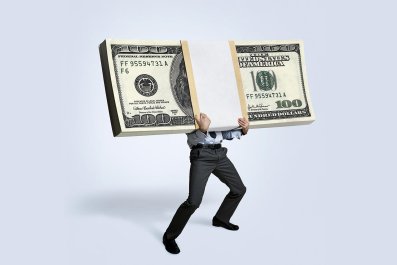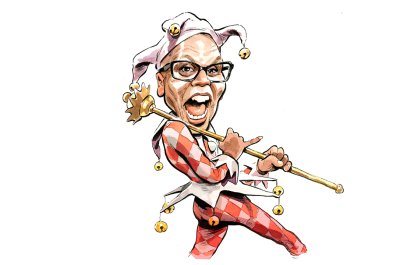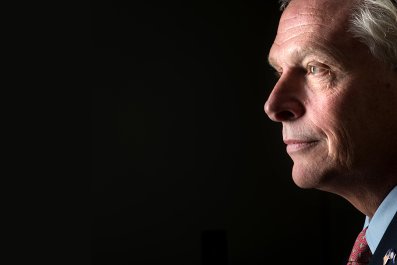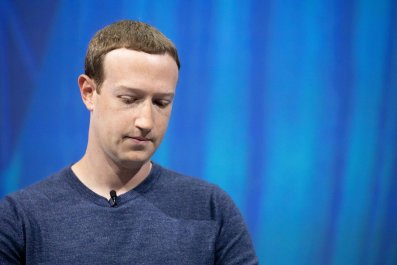In celebration of the 50th anniversary of NASA astronauts landing on the moon, Newsweek is spotlighting pioneers in science and technology, highlighting their very own "moonshots" and how they hope to change the world.
James Rogers is the founder and CEO of Apeel Sciences, a start-up fighting world hunger by producing an edible fruit coating made from natural plant materials. Roughly one-third of food produced in the world is wasted every year. Apeel's coating allows produce to last twice as long, promoting sustainable growing practices and better quality food and reducing food waste.
What is your moonshot?
We're trying to build a world that works with nature, not against nature. Rather than creating new chemicals that the world has never seen before, and winding up with [new] problems, we are looking into the natural world and identifying materials that nature has been using for billions of years.
What is the big problem you're trying to solve?
The most resource intensive activity on this planet is feeding people. We waste an incredible amount of food; to grow it, we use 70 percent of our fresh water, about a quarter of our greenhouse gas emissions and about five billion pounds of pesticides annually. Yet, somewhere between a third and a half of what we grow ends up in a landfill. By throwing away less, we'll be able to feed the population in 2050 without growing more food.
How does Apeel work?
Every form of life on this planet is protected by some form of protective barrier that prevents it from drying out and oxidizing. So, if everything is protected by this thin barrier, why does a strawberry only last a couple of days, but a lemon lasts for weeks and weeks? Remarkably, it's not that they're made of different things, but rather that the molecules on the surface of a strawberry are arranged dramatically differently than they're arranged on a lemon. Apeel takes materials that are found in every fruit and vegetable, we isolate those materials, and then we reapply them back onto the portions of the plant that we're eating. By doing that, we can augment the natural protective barrier and make the strawberry last as long as a lemon by using the exact same materials. Essentially, Apeel is cutting and copying from what the natural world is already doing.
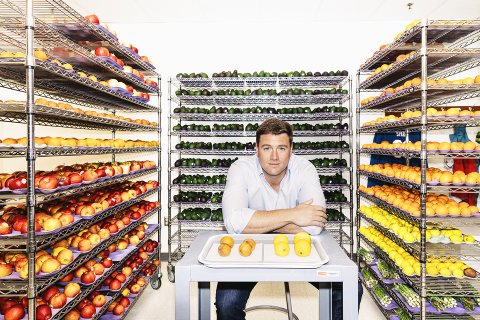
What is the inspiration behind your idea?
When we started this business, it was just an idea on a napkin. I called my mom to tell her I had this idea for a company and she said, "Sweetie, that sounds really nice, but you don't know anything about fruits and vegetables." And that's true, but I knew that people were going hungry and not because we couldn't grow enough food, but because we couldn't get it to them.
What have you learned from others who have tried to tackle this or similar problems?
Monks discovered this idea back in the Middle Ages and began dipping apples in beeswax. Apeel is the next evolution of this idea. Over the last 2,000 years, we have learned a lot about material science; now maybe we can take some of those ideas and apply them the same way the monks did, but with the new tools.
What obstacles have you faced?
Many. We had to invent the technology, show the work, figure out how to actually apply the product and how to make it affordable. Then we had to treat hundreds of thousands of metric tons of produce in a single facility. Also, in the industry, growers tend to deliver food to the store and then wash their hands of it. Anything that's lost or goes bad doesn't matter to them because they already sold it. The principle of our product is that we don't make the fruit any better than it starts out, we just slow it down from getting worse. That means we need to apply the product as soon as possible in the supply chain. Figuring out the business model of working with the supplier to apply the product was really challenging.
Who are your mentors?
My Ph.D. advisor in graduate school. The greatest advice he gave me was that we always learn more from what doesn't work than what does. I was able to carry that philosophy beyond the scientific endeavors of graduate school into Apeel Sciences.
How do you see the world in 20 years if you succeed?
If we're successful, you'll be able to walk in to any corner store, any little bodega, any 7-Eleven, any mom-and-pop store, and be able to pick up a piece of produce that was grown by a small farmer on the other side of the world, and it will be better than any produce you've ever eaten in your life. We'll have a food supply chain which connects people in every corner of the globe without refrigeration and without the use of pesticides because that's really the only way that this planet is going to work.



